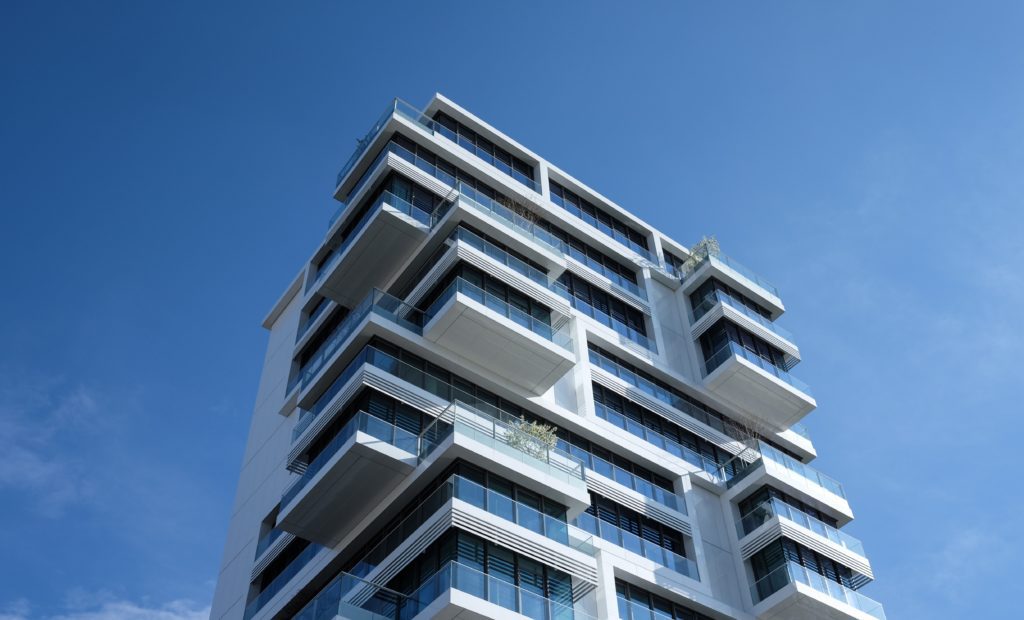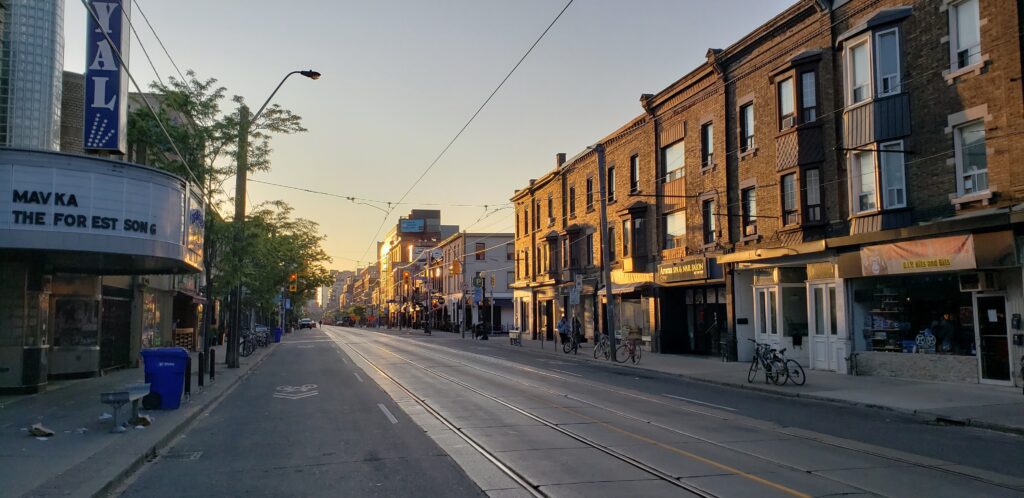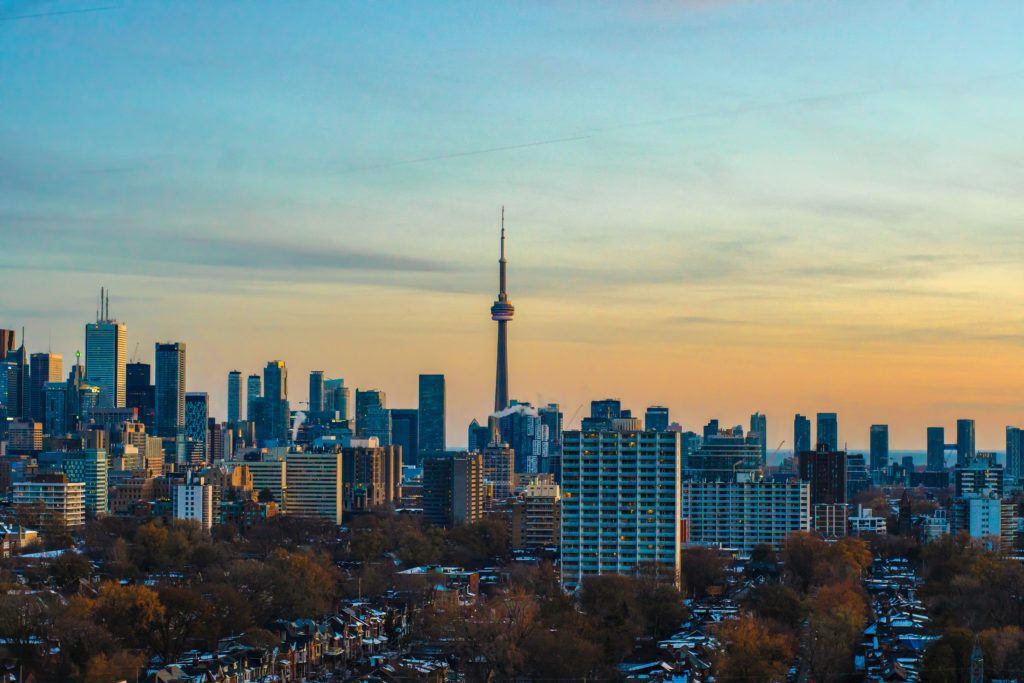How Buying a Condo in West Toronto is Different Than Buying a House
10/11/22

From downsizers looking for a living space that’s easy to manage to first-time buyers looking to break into the real estate market, condo living has plenty of upsides. And with vibrant, culturally-rich neighbourhoods, fantastic parks and easy access to downtown, West Toronto is one of the best places in the entire city to buy a condo.
With that in mind, buying a condo comes with a few significant differences from buying a detached home. From everyday ownership to the actual sales process, here are a few things condo buyers should know before they head to the market.
Ready to explore West Toronto’s lively condo market? As proudly local real estate agents, we can help! Click here to send us an email.
Options For Pre-Construction
In West Toronto, condo buyers have the distinct advantage of considering a variety of modern pre-construction developments while on the market. While not for every buyer, pre-construction condos are a unique path to condo ownership with some distinct advantages. Of course, there are some drawbacks too. For instance, while many pre-construction developments feature stunning open floor plans and great amenities, buyers can end up waiting several years after their purchase before they get to move in.
Many of West Toronto’s steadily evolving communities are brimming with modern pre-development condos. Areas like The Junction, High Park, and Liberty Village offer great livability, plenty of options for building and unit types, and vibrant neighbourhood atmospheres.
Want to discover more of the west end’s fun and unique neighbourhoods? Check out some of our community guides.
- Bloor West Village – Charming and Green
- Roncesvalles – A Toronto Staple
- Long Branch – Lakeside Living
Certificates & Inspections
After an offer is placed on a condo, one of the key pieces of the puzzle that must be completed before the deal is closed is a presentation of the condo status certificate. Also just called “condo certificates”, these documents are unique to condo purchases. Condo certificates cover a range of essential information and allow the buyer to make well-informed decisions.
Provided by the condo corporation, condo certificates are packed with important details about the financial and legal standing of the building, unit, and corporation itself. Condo certificates can also provide information about the regulatory or logistical factors of living in the building, covering topics like bylaws, insurance, third-party contracts, declarations and reserve funds. Condo certificates can take a few days to be prepared, buyers should anticipate a small waiting period during the closing process.
Just like a home, West Toronto condo buyers will have an inspection of the property completed before signing on the dotted line. These processes do have a few notable differences. In a home inspection, a professional inspector will analyze several key elements of the property from the foundation to the roof. Condo inspections are also quite comprehensive, however, they are typically limited to just the unit and not the entire building.
An Introduction To Condo Fees
With no shovelling driveways, raking leaves or mowing grass, one of the best perks of condo ownership is the low-maintenance lifestyle. Of course, this convenience comes at a cost, which is then paid out through condo fees. After a mortgage, condo fees are one of the largest monthly costs for condo owners, and they typically go up each year to adjust for inflation.
Condo fees also cover maintenance costs pertaining to common property – the elements of a condo building that are shared and co-owned by residents. Common property could include parking garages, storage facilities, fitness amenities, shared patios, lobbies or waiting areas and even outdoor areas.
What They Don’t Cover
Before moving in, buyers should be aware of what their condo fees cover, and perhaps more importantly – what they don’t. Fees can cover a high range of expenses related to the property, but they don’t cover everything. Condo buyers can end up on the hook for a variety of additional expenses such as small in-unit repairs.
In addition to condo fees, condo owners still pay annual property taxes. While these are often far less than the cost of property taxes on a detached home, it’s still something for buyers to account for and budget for.
Are you looking to find a great condo in West Toronto but have a tight or limited budget? Check out these buyer-focused resources from our blog.
- How to Maximize Your First Home Without Going Over Budget
- Will New Government Initiatives Really Make Housing More Affordable?
- Everything You Need to Know About Interest Rate Hikes in Toronto
Condo Boards
Condo boards are occasionally compared to homeowner associations (HOAs), but they’re not quite the same. Along with establishing rules and standards for living in the building, the condo board is also responsible for its overall operations. Elected by owners, it’s the condo board’s duty to act in their best interests. They make critical decisions about the property, are responsible for the financial health of the building, coordinate maintenance and repairs, and enforce applicable rules and bylaws. Condo buyers should be prepared to adhere to any restrictions or regulations set forth by the board.
Gearing up to enter the market? Sign up for our newsletter and get up-to-date information about West Toronto real estate sent directly to your inbox here.
Sign Up For Our Newsletter
Looking for more great real estate content? Get it delivered to your inbox with our newsletter!

